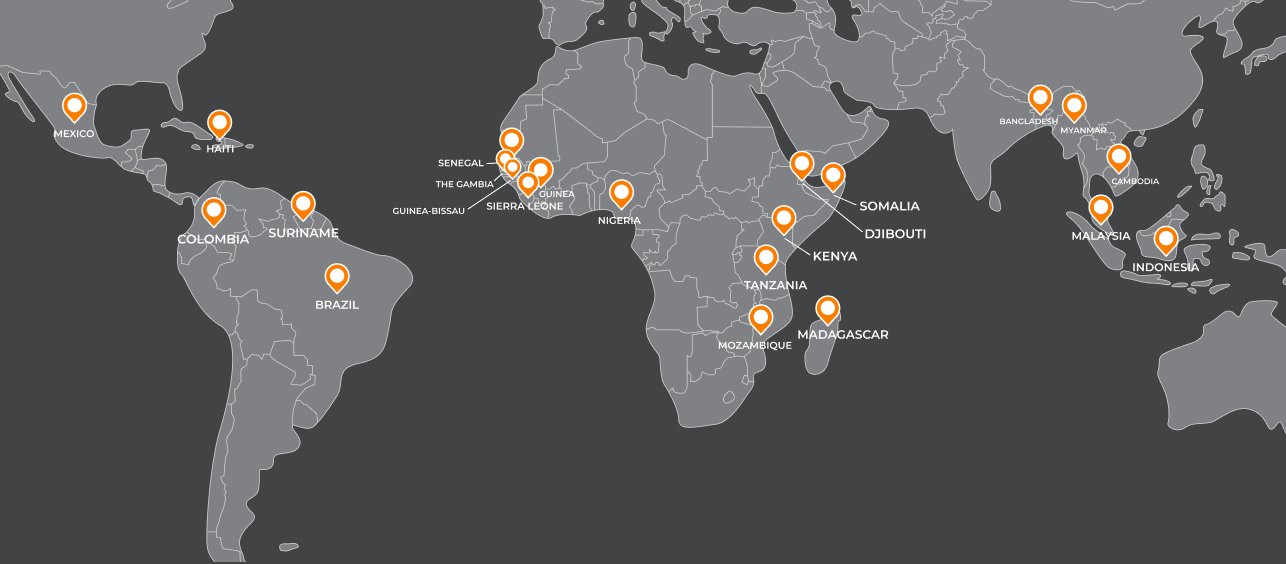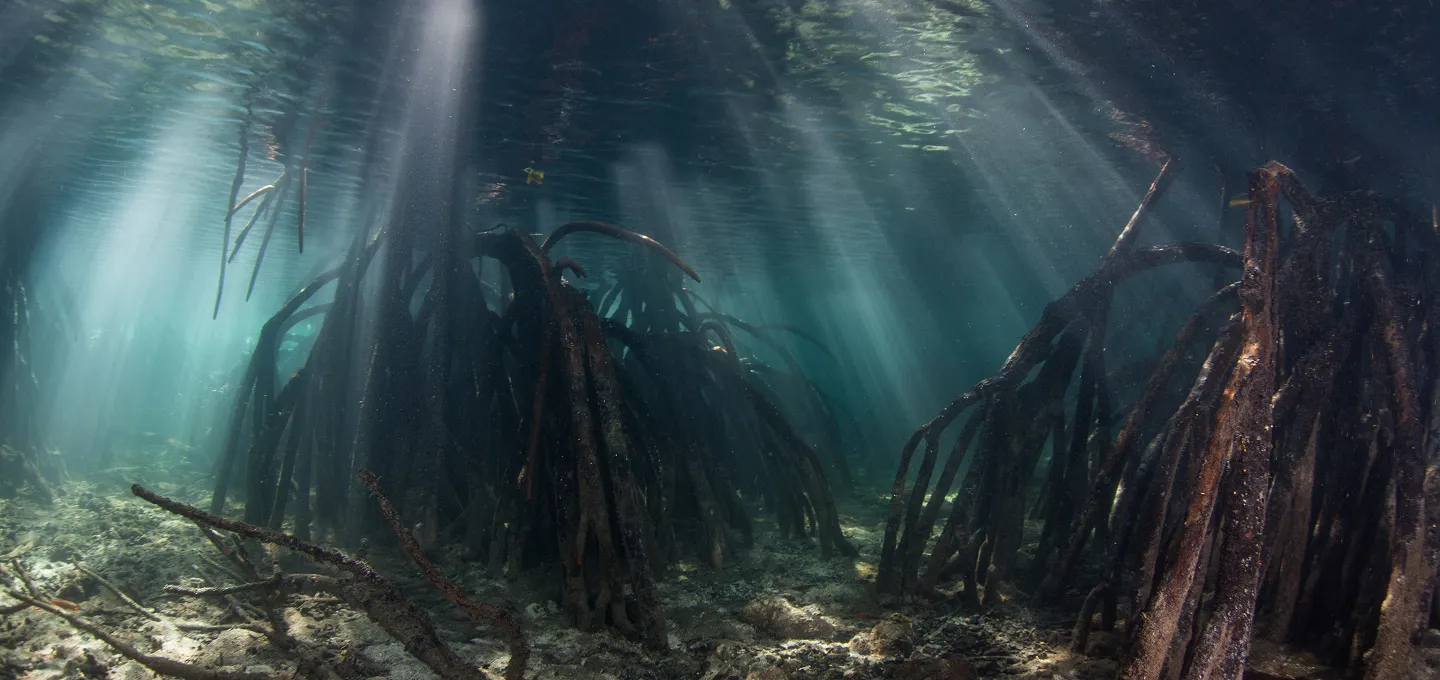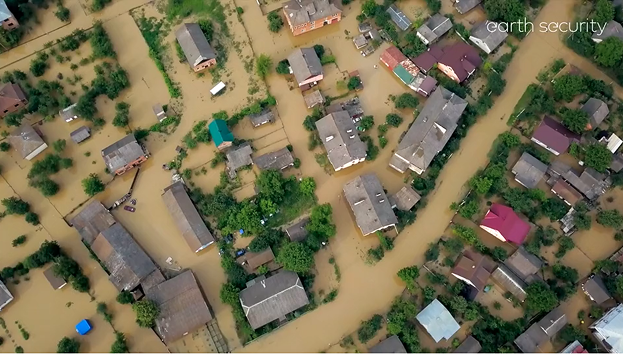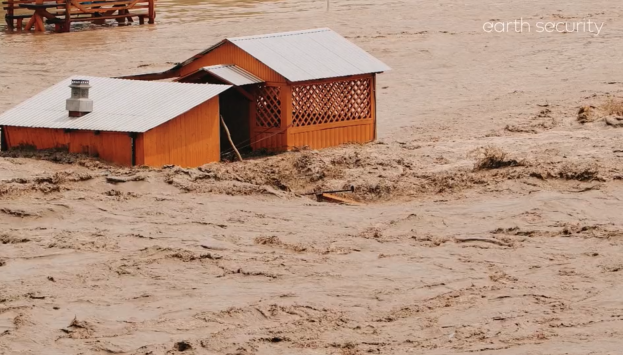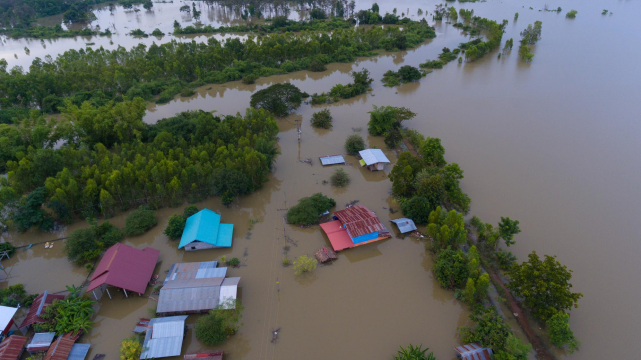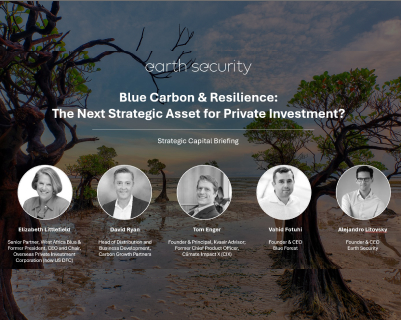By recognising the value of America's natural capital, President Biden can refresh US climate leadership, while vowing to mobilise finance for solutions to domestic issues. A 'Natural Capital Council' can advise the President on how US industries, states and cities can use nature-based solutions to build their economic resilience. Such a council can help pull together the significant expertise, private capital and innovative finance models that are readily available across the United States.

Photo by pine watt on Unsplash
The intangible value of 'the great American wilderness' could well be one of those issues that helps rebuild the shared values of American society. But when it comes to the climate risks, America's vast natural wealth provides its with the cheapest path to create a model of resilient prosperity and address challenges at home.
Wildfires are raging across California; many US cities are on the brink of water scarcity, and vast coastal regions in the US are catastrophically exposed to extreme weather events. Nature-based are at play in the United States, rethinking infrastructure and mobilising finance. They are driven by exemplary NGOs, investors and government agencies, and provide a playbook to inform national policy.
Three examples demonstrate how President Biden's administration can leverage and scale the value of nature across assets of the economy:
The adaptation of US cities: During Hurricane Sandy in 2012, the Atlantic Council reports that coastal wetlands in the northeast United States prevented an estimated $625 million in property damage from flooding across twelve states. In New Jersey alone, wetlands staved off $425 million in damages. In Miami, Florida, residents more recently approved the city’s plan to issue a $400 million Miami Forever Bond. Half of it will be used to fund projects to combat sea-level rise and flooding, including mangrove protection and restoration. At Earth Security we recently showed that Miami ranks no.1 in the world, above any other coastal city, on the economic benefits it can derive from the restoration of its mangroves as coastal protection to its real estate. We have used the case of US cities to propose a global municipal mangrove finance fund for nature-based adaptation of coastal cities around the world. Across the US, The Nature Conservancy, through its NatureVest programme, is creating models to use 'green infrastructure' such as wetlands to improve the stormwater management of hundreds of municipalities.
Introducing blended finance across States: In California, the Forest Resilience Bond is mitigating the risks of catastrophic wildfires, covering the upfront costs of forest restoration work by the US Forest Service in the North Yuba watershed of California and ensuring the protection of the water source. The beneficiaries of the restoration work, which include the water utility and the water agency, make payments for this ecological service, and provide investors with a financial return. The forest resilience bond is a demonstration of what can happen when a third-party payer, such as a water utility, recognises the value of nature. Partners included World Resources Institute, Blue Forests, and Encourage Capital among others. In this interview with one of the FRB investors, Calvert Impact Capital, we explored how investors could be engaged to scale these instruments.
Corporate resilience bonds: In Arkansas, this thinking has been taken forward by the water utility Central Arkansas Water, which will post a $30.6 million green bond, certified under the Climate Bonds Water Infrastructure Criteria. According to the Climate Bonds Initiative, this corporate bond is the first of its kind to acquire and protect forests specifically to secure clean drinking water. It will finance a combination of green and gray infrastructure projects to protect clean drinking water for the almost half a million 500,000 residents of the greater Little Rock, Arkansas. Some of the green bond proceeds will support the acquisition of approximately 1,820 ha (4,500 acres) of forested land, building on the 4637 ha (11,458 acres) of conserved forested buffer surrounding the drinking water reservoirs and its tributaries.
That such innovations are happening so fast across the US is a testimony to the great expertise, creativity and entrepreneurship that exists across a range of US-based NGOs, impact investors, companies and government agencies. China has set the long-term goal becoming an 'ecological civilization'. This is an important piece of long-term thinking that recognises the deep dependence of the country on its ecological stability. The United States must play catch up, not just to renew the relevance of its global leadership, but also to address the existential challenges at home.
Explore the reports
The Earth Security Index Reports provided in-depth analysis of critical themes across selected industries and market geographies, enabling investors to anticipate and respond to emerging global dynamics. Download and explore the full Earth Security Index reports:






